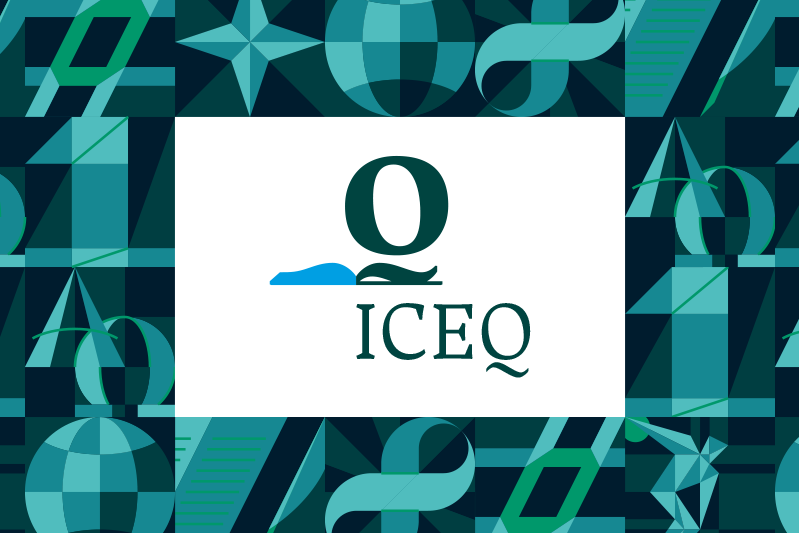Tertiary Education
At the moment there are 10 Polytechnics in Ghana (one in each region) and 6 public and
10 private universities. The National Accreditation Board has accredited 9 Tutorial
professional colleges (which prepare students to take examination of accredited
(recognized) bodies within and outside Ghana, and 2 distance education-learning centres
that represent accredited universities outside Ghana. Enrolment in all tertiary institutions
has improved considerably. For example enrolment in Polytechnics increased from 1,
299 in 1994 to 18, 474 in 2000/2001.
Capacity building in teaching, research, leadership, information technology and others
have become a policy priority for the Ghana government.
To this end, polytechnics as an
example, are being encouraged to introduce post-HND and Bachelor of Technology
programmes to produce requisite manpower for industries. Physical infrastructure in the
area of office, residential and classroom accommodation, libraries, laboratory facilities as
well as tools and equipment supply in all tertiary institutions have shown considerable
improved through the funding of the Ghana Education Trust Fund (GETFUND).
All universities in the country have also established quality assurance units through
which performance at the institutional, faculty and departmental levels are evaluated.
These are to ensure quality and relevance in all aspects of university life, teaching,
research, and institutional mission, vision and focus. of lecturers in teaching and research
are evaluated.
25
National Accreditation
At the system’s level,
there is a National Accreditation Board that ensures quality content
and delivery of programmes in tertiary institutions. The accreditation process involves a
thorough peer review for new universities. .
Functional Literacy Programme
The non-formal Education Division of the Ministry was established in 1991 tasked to
carry out the eradication of illiteracy in Ghana by the year 2011. Statistics available
indicates that through the functional literacy programme, national illiteracy rate has
currently been reduced from 69% to 52%.
Distance Education
Distance education has been found to be an important option to meet the demand for
higher education. The introduction of distance learning has reduced the cost of higher
education for both the government and students. It has provided increased access to
tertiary education.

